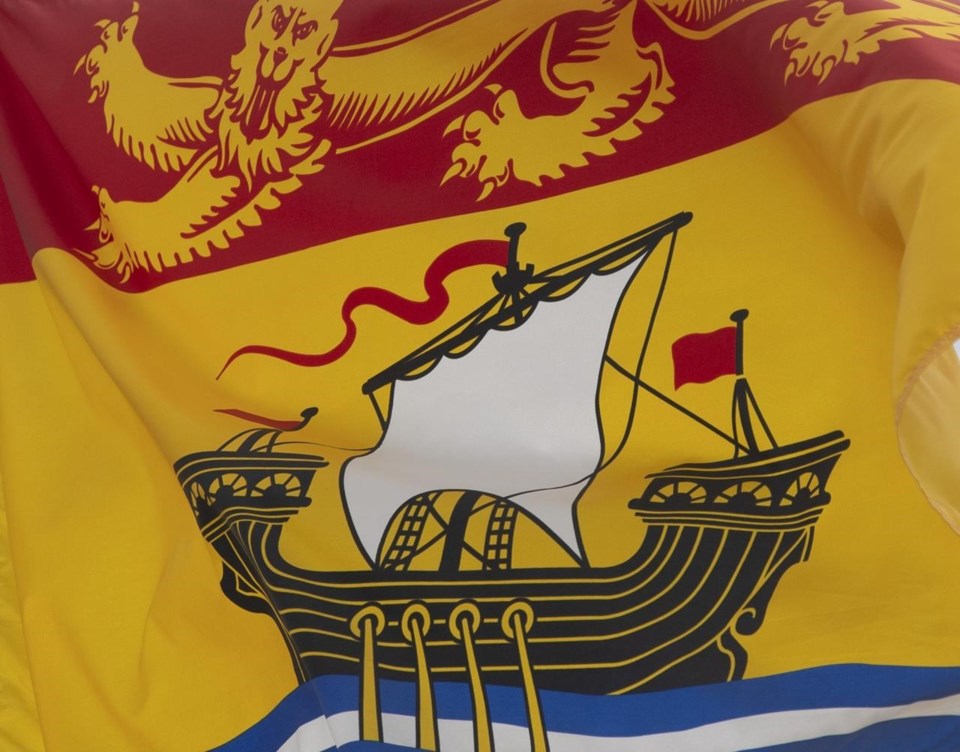FREDERICTON — After a delay called unacceptable by the province's racism commissioner, the New Brunswick government has announced its first steps to rid the provincial map of places named with a slur against Indigenous women.
Tourism, Heritage and Culture Minister Tammy Scott-Wallace said in a statement this week that the government is launching a 28-day consultation seeking proposals to rename a mountain in northern New Brunswick. The mountain, along with a nearby community and a protected natural area, is named with a derogatory term for an Indigenous woman.
"There has been a lot of discussion with respect to the derogatory names in the province and why it has taken so long to have new names considered," Scott-Wallace said. Provincial officials said Tuesday the initiative deals with two of the eight locations named with the slur that are under provincial jurisdiction, "and separate processes will follow for the remaining six."
An islet in the province named with the derogatory term is under federal jurisdiction, they added.
A report in December from systemic racism commissioner Manju Varma said New Brunswick has more places named with the derogatory term than any other province or territory. She said it saddened her that she had to call for their removal nearly two years after a request to the government was first made.
"While name changes are not simple, this length of time is unacceptable," she wrote. She criticized the government for failing to address "evident racism" and said its approach had relied on "a heavily bureaucratic process that is neither Indigenous-led nor co-managed and ignores critical Indigenous knowledge of the land and this territory."
Chief Ross Perley of Tobique First Nation said the slow response to the place names reflects the government's lack of commitment to reconciliation with the Indigenous population.
"We've submitted numerous requests verbally, in letters from the Wolastoqey Nation ... asking the provincial government to change these names," he said in an interview.
"I can't speak for their decision-making process but there's a long history — especially with this particular provincial government — of not making reconciliation changes with Indigenous people, and names of places is one of them."
Names chosen to replace the slur should be Indigenous, Perley added. "I would consult with elders in our communities, whether it's in Mi’kmaq or Wolastoqey territory, for proper names of those places."
Scott-Wallace said her department circulated a request to First Nations in the province several months ago for name change submissions for a specific community in the province but did not receive any submissions.
The Wolastoqey Nation in New Brunswick disputed that, saying in a statement it had responded to the province's proposed toponymy process with a five-page letter that had feedback, comments and suggestions. It refrained from responding to a request for input on a name change in Mi’kmaq territory, it added.
Lauren Beck, Canada Research Chair in intercultural encounter at Mount Allison University in Sackville, N.B., said the Tourism Department launched a name change proposal form on its website two years ago.¬Ý
"This was one of the first — probably the most significant — steps it took toward dealing with problematic names relative to the public’s desire to have a say in what happens next," she said in an interview Tuesday. "They promised to come up with a framework, including objectives for name changes and resources, but that’s not yet been released, so far as I know."
Beck said place names that include the derogatory term for an Indigenous woman were given mostly by uneducated men in the 19th century, and many people today may not even understand how offensive the term is. "It's just a reproduction of those sorts of hateful names that all of us women have had to deal with," she said.
While most can agree on names that do not belong on the map, finding a replacement is not always easy. It's crucial to involve Indigenous people in the renaming process, Beck said, but they should be compensated for their time.
"It's also intellectual labour," she said.
This report by The Canadian Press was first published May 2, 2023.
Hina Alam, The Canadian Press




